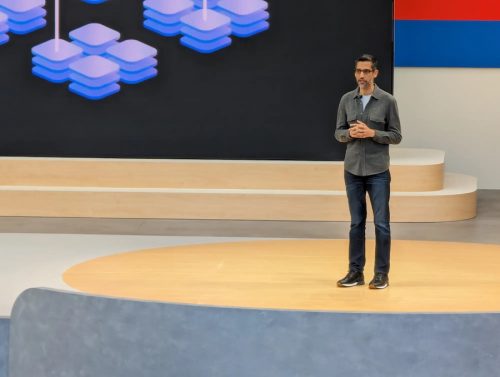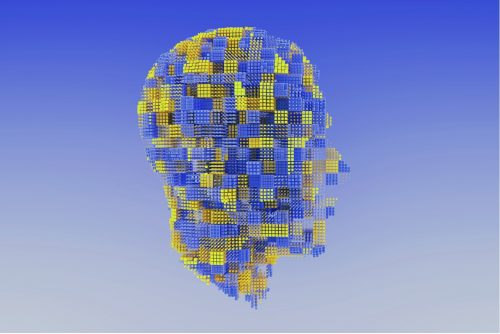Software for creating deepfakes – fabricated clips that make people appear to do or say things they never did – usually requires big data sets of images in order to create a realistic forgery. Now Samsung has developed a new Artificial Intelligence (AI) system that can generate a fake clip by feeding it as little as one photo.
The technology, can be used for fun, like bringing a classic portrait to life. The Mona Lisa, which exists solely as a single still image, is animated in three different clips to demonstrate the new technology. A Samsung artificial intelligence lab in Russia developed the technology, which was detailed in a paper earlier this week.
However, these kinds of techniques and their rapid development also create risks of misinformation, election tampering and fraud, according to Hany Farid, a Dartmouth researcher who specializes in media forensics to root out deepfakes. When even a crudely doctored video of US Speaker of the House Nancy Pelosi can go viral on social media, deepfakes raise worries that their sophistication would make mass deception easier, since deepfakes are harder to debunk. According to Michael Dukakis Institute for Leadership and Innovation (MDI), the AI applications for ethical values and transparency has been initiated and enforced to avoid bias and refrain from harmful uses, especially on media misinformation from fake data.










